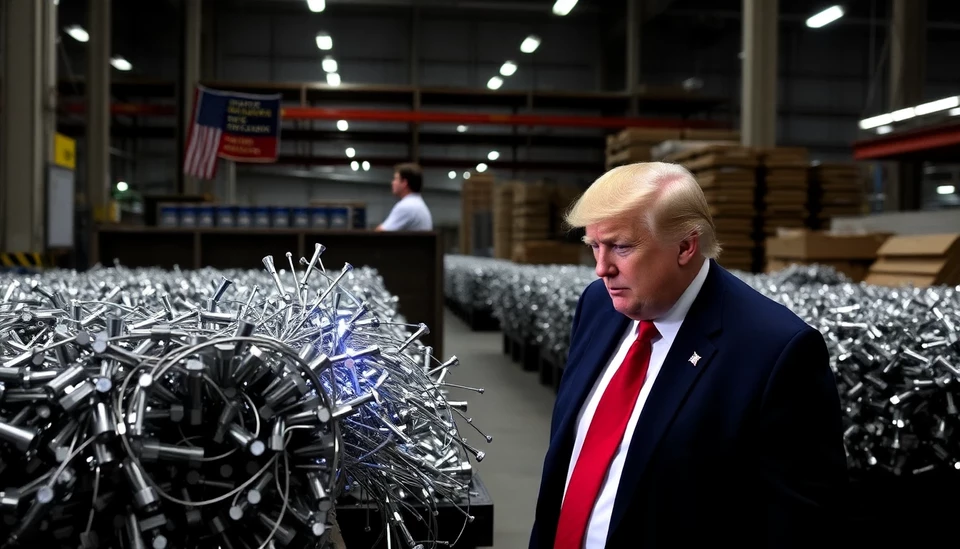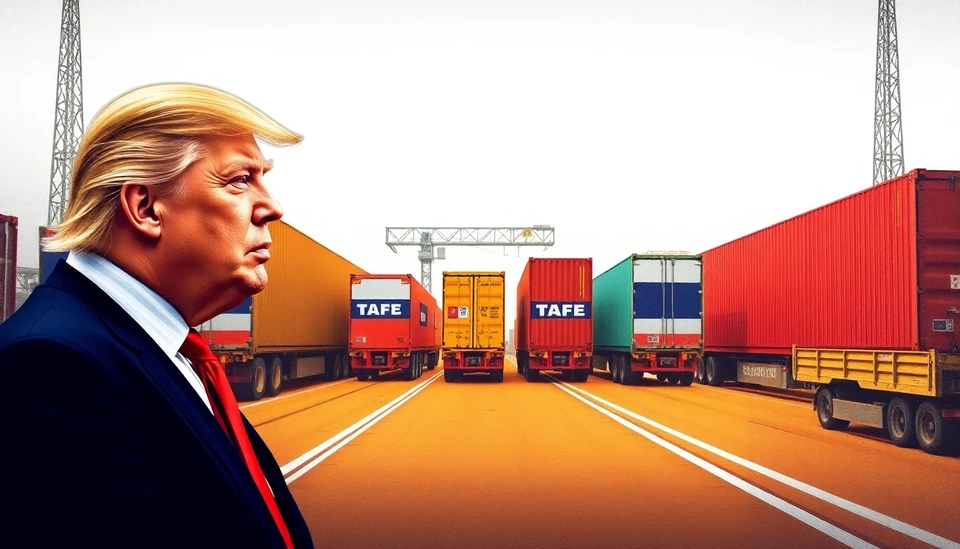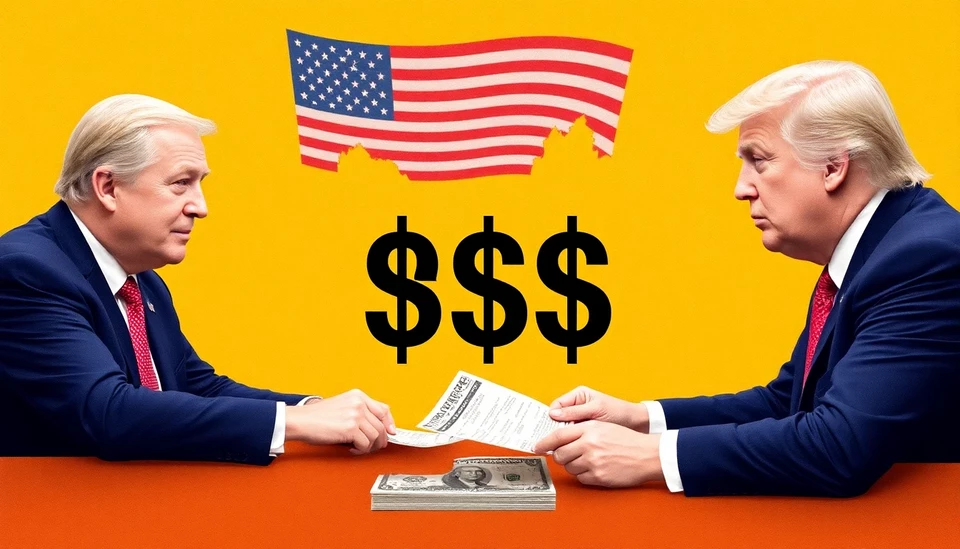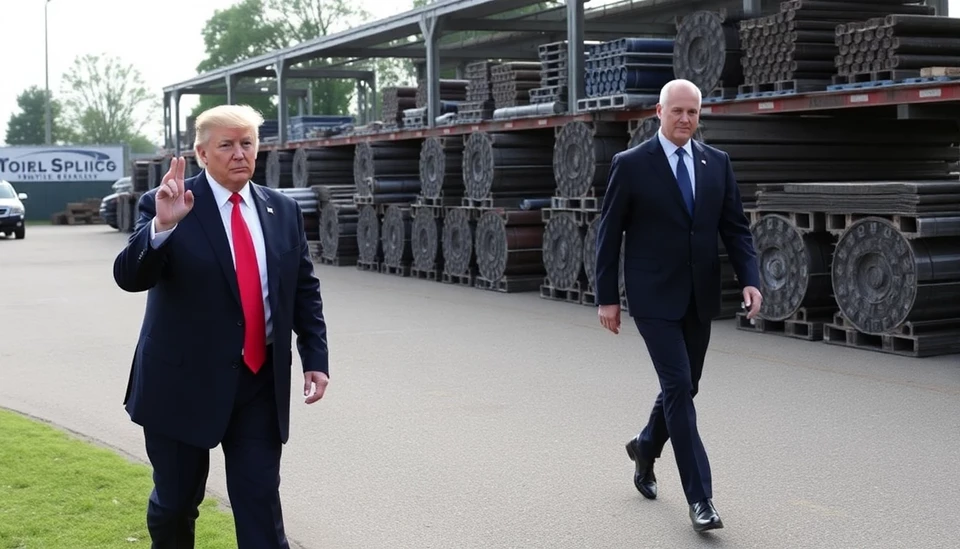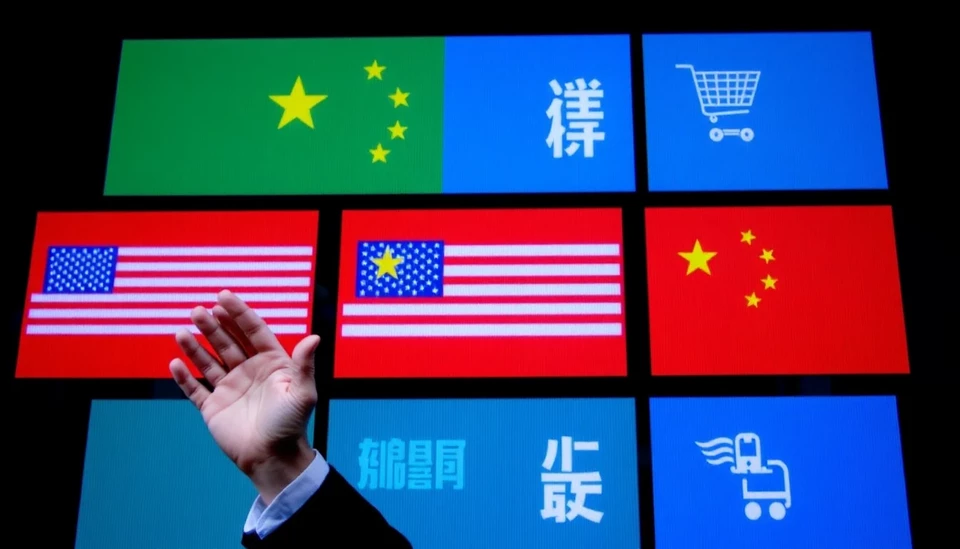
In a strategic move reflecting ongoing concerns about trade imbalances, former President Donald Trump announced a fresh set of tariffs specifically targeting Chinese online retailers. This decision comes in response to what has been labeled as a significant loophole in the current trade regulations that these retailers have been exploiting to gain an unfair advantage in the US market.
Industry insiders emphasize that these changes could drastically reshape the landscape for eCommerce. Critics have pointed out that Chinese firms have been bypassing conventional tariffs by leveraging online platforms, allowing products to enter the U.S. at lower costs than that of American-made goods. Trump’s administration argues that these online retailers have been undermining domestic businesses and shuffling regulations to their favor.
Among the most notable aspects of the new tariffs is the increased scrutiny of goods imported directly through digital marketplaces. The tariffs are designed to affect a wide range of products, particularly those that are commonly sold on popular e-commerce platforms. Trump asserts that this approach is necessary to foster fair competition and protect American jobs, which he deems to be at risk from unregulated imports.
Experts predict that these tariffs could lead to price increases for consumers as retailers adjust to the new costs imposed on imported goods. The change may also push American consumers towards local brands and products, which has been a recurring theme in Trump’s economic policies. However, many economists warn that raising tariffs can have unintended consequences, such as straining relationships with trading partners and discouraging investment in the U.S.
This move marks another chapter in the ongoing saga of U.S.-China trade relations, which have been turbulent since the onset of Trump’s presidency. As the former president gears up for another presidential run, leveraging these policies may play well among his base, who have long feared the economic repercussions of globalization.
Despite the anticipated pushback from some sectors of the economy, which argue that free trade is foundational to consumer choice and market efficiency, Trump remains firm on his stance. By repositioning tariffs as a tool of economic patriotism, he aims to rally support from American workers who feel sidelined by the rapid expansion of international trade.
As consumers watch these developments unfold, the impact on their pocketbooks and choices in the marketplace will likely become a heated topic of discussion. The implications of these tariffs could echo throughout the economy, influencing everything from retail pricing to job creation within the American manufacturing sector.
In conclusion, Trump's initiative to impose tariffs on Chinese online retailers is positioned not just as a protectionist measure, but also as a vital means of restoring fairness in competition. This latest announcement signifies a broader commitment to shaping trade policies that align with his broader economic agenda.
As this situation continues to evolve, stakeholders across various industries are paying close attention, and the effects of these tariffs will no doubt become a crucial talking point leading up to the next presidential election.
#TrumpTariffs #ChineseRetailers #EcommerceRegulations #TradePolicy #USChinaRelations #EconomicImpact #ConsumerChoice
Author: Laura Mitchell
